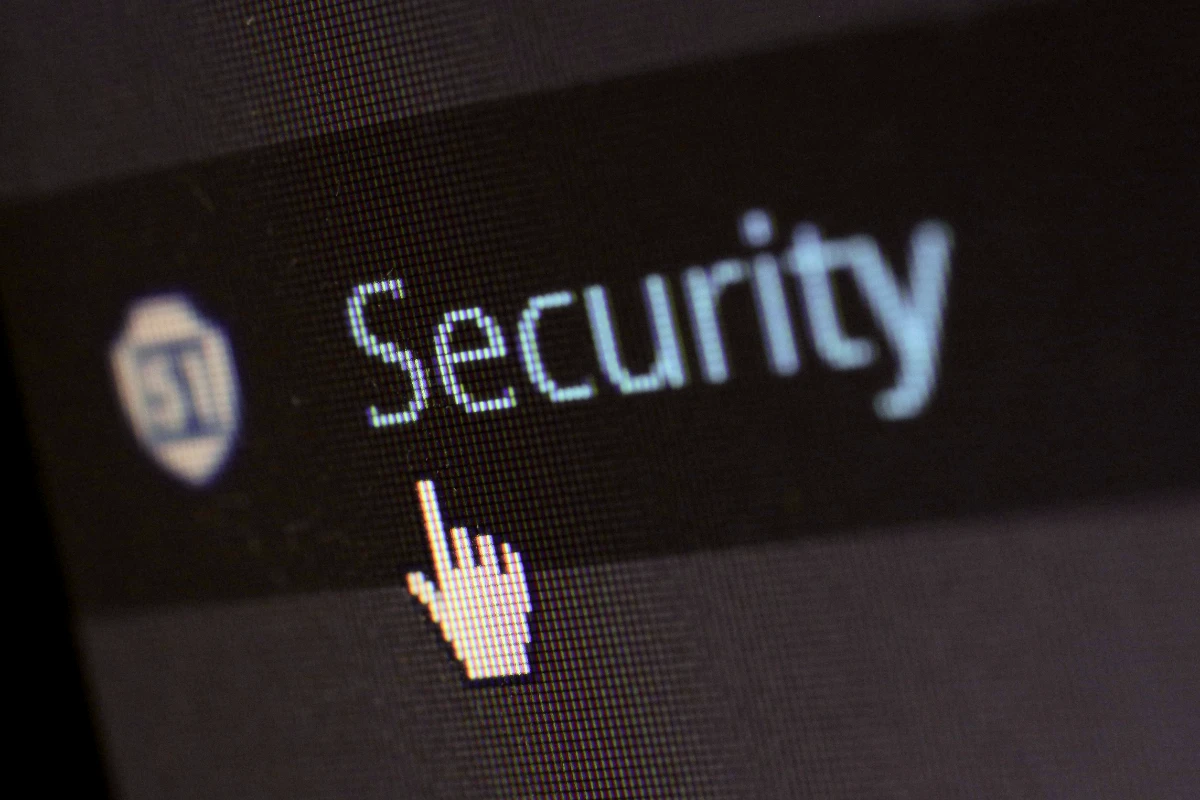In our increasingly digital world, the importance of protecting our online presence cannot be overstated. Whether it’s our personal information, financial data, or even our social interactions, digital security plays a crucial role in safeguarding these aspects from malicious threats. This article delves into basic digital security strategies that everyone should adopt to ensure their online safety.

Understanding Digital Security
Digital security refers to the protection of our online identity, data, and activities from cyber threats. These threats include hacking, phishing, malware, and identity theft, among others. By understanding the nature of these threats, we can better equip ourselves to counteract them.
Creating Strong Passwords
One of the fundamental steps in securing your digital life is creating strong passwords. Weak passwords are akin to leaving your front door unlocked. To create a robust password:
- Use a mix of upper and lower case letters, numbers, and special characters.
- Avoid using easily guessable information such as birthdays or common words.
- Consider using a passphrase that is easy to remember but hard to guess.
Using a password manager can also help in generating and storing complex passwords securely.
Two-Factor Authentication (2FA)
Two-Factor Authentication (2FA) adds an extra layer of security to your accounts by requiring two forms of verification. This could be something you know (a password) and something you have (a smartphone). Setting up 2FA is straightforward and can significantly reduce the risk of unauthorized access.
Regular Software Updates
Keeping your software updated is vital for protecting against vulnerabilities. Software developers constantly release updates to fix security loopholes. Enabling automatic updates for your operating system and applications ensures you are always protected against the latest threats.
Antivirus and Anti-Malware Software
Antivirus and anti-malware software are essential tools in your digital security arsenal. They help detect, quarantine, and remove malicious software from your devices. Regularly scanning your system and keeping the software updated maximizes your protection.
Securing Your Network
A secure network is foundational for digital security. Here are steps to secure your home network:
- Change default router passwords.
- Use strong encryption (WPA3 is recommended).
- Hide your network SSID.
- Utilize a VPN for additional security, especially when using public Wi-Fi.
Safe Browsing Practices
When browsing the internet, always ensure the websites you visit are secure. Look for HTTPS in the URL and be wary of sites that lack it. Avoid clicking on suspicious links or downloading files from untrusted sources to minimize the risk of phishing and malware.
Backing Up Your Data
Regular data backups are crucial in case of data loss due to malware, hardware failure, or accidental deletion. You can use cloud services, external hard drives, or network-attached storage for backups. Set a regular backup schedule to ensure your data is always protected.
Email Security
Emails are a common vector for cyberattacks. To enhance email security:
- Be cautious of unsolicited emails and attachments.
- Use strong, unique passwords for your email accounts.
- Consider using encrypted email services for sensitive communications.
Social Media Safety
Social media platforms can expose you to various security risks. To stay safe:
- Adjust privacy settings to limit what others can see.
- Be mindful of the personal information you share.
- Be cautious of friend requests from unknown people and suspicious links.

Mobile Device Security
Our mobile devices hold a treasure trove of personal information. To secure them:
- Use strong passcodes or biometric authentication.
- Install mobile security apps.
- Download apps only from official app stores and avoid sideloading.
Handling Sensitive Information
Sensitive information such as financial details or personal identification should be stored securely. Using encryption tools can help protect this data. Additionally, ensure the proper disposal of sensitive information by shredding documents and wiping digital devices before discarding them.
Educating Yourself and Others
Staying informed about digital security is essential. There are numerous online resources, courses, and communities dedicated to digital security. Share your knowledge with family and friends to help them stay safe online as well.
Conclusion
Digital security is an ongoing process that requires vigilance and proactive measures. By implementing these basic strategies, you can significantly enhance your online safety and protect your valuable information from cyber threats. Stay informed, stay updated, and always prioritize your digital security.